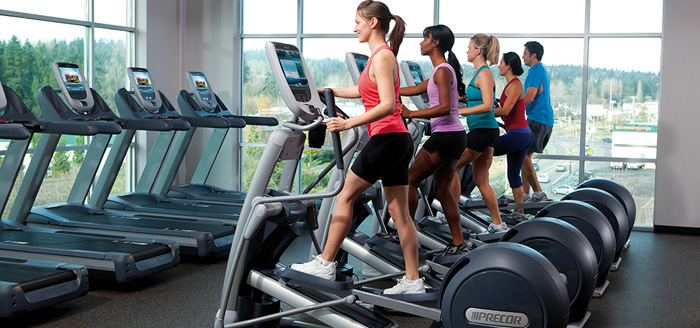October 10th is World Mental Health Day, so at this time of year, many readers may have mental health on their minds. It’s estimated that 1 in 4 American adults experience mental health issues, and the statistics are similar in many other countries; additionally, mental health issues such as anxiety and depression are skyrocketing among the under-18 set as well. There’s still an unfortunate stigma about talking about mental health, but the fact is, a healthy mind is a happy mind. And you deserve to be happy! But sometimes, it’s getting there that’s the problem.
We’re often told that certain things will make us happy that really have very little impact on our happiness in the long-term, like money or material possessions. It turns out as long as you’ve got the essentials, having the extras doesn’t make that much difference: in fact, many of the happiest countries on the Happy Planet Index are in the developing world! In our fast-paced lives, we often focus too much on the tangibles, but spend little time on the intangibles that science has conclusively proven really do make us happy.
That’s right, there’s a science of happiness, and it’s called positive psychology. Here’s the nerdy stuff: by conducting extensive studies with large enough sample sizes, psychological researchers have been able to work out what really works to improve people’s happiness levels, as well as working out what self-reported happy people do differently. Here’s five tried and tested tips that you can easily implement that will make a much bigger difference to your happiness level.
- Exercise
People who exercise aren’t just healthier physically: they’re also mentally healthier, and happier. While at first it may feel hard to incorporate an exercise routine into your life if you’re not used to it, once you’ve made a habit of it you’ll find you don’t want to stop! Exercising makes your brain release endorphins, which trigger a positive feeling in your body, reduce stress, and help combat anxiety and depression. You’ll feel better about yourself, and you’ll feel better!
- Mindfulness
It’s easy with all the buzz of daily life and your responsibilities to lose track of the fact that you don’t live in the past or present, you live in this very moment. When you’re not psychologically present because of stress, anxiety or just general worrying, you’re letting life pass you by. Here’s an easy mindfulness exercise: when you feel like your emotions are running away with you, take a moment to breathe deeply, count to ten, and get some sensory feedback; what can you hear right now? What can you see, smell or feel? Just be where you are, and be when you are.
- Gratitude
Happiness isn’t something that you’ll achieve when you have more things; it’s something you cultivate when you’re grateful for what you have. Start keeping a gratitude journal by listing three things every day that you’re grateful for, and you’ll find that you become naturally more grateful and are better able to focus on the positives in life.
- Helping others
Studies such as those quoted in this Psychology Today article such have proven the adage that it truly is better to give than to receive. We’re wired for compassion, empathy and to crave a sense of purpose. Whether you’re volunteering in your community, working in the non-profit sector or lending an ear to your neighbor, what you get back psychologically from giving is valuable beyond words..
– Helping yourself
It’s important to take the time to practice self-care, and to connect to others. We’re a community-oriented species by nature, and social isolation is linked strongly to mental health conditions such as anxiety and depression. Take the time to meet new friends, and not just on-screen friends! And make sure that you’re spending time doing the things that you love, and the things that heal your soul: whether you’re taking a walk alone in the forest contemplating the wonders of nature, or taking spa and massage treatments to relax your mind, nourish your body and revitalize your skin, you need to put your own mask on first before you can help others. It’s not selfish, it’s self-love, and you’ll be able to do everything else better once you’re feeling stable, secure and happy.
While many people will find that their mental health is improved by positive psychology, please do keep in mind, some mental health issues do require professional intervention. Unfortunately far too many people who do experience them feel embarrassed about getting help, or simply don’t make the time for it. You shouldn’t have to do it alone, and talking really does help: by learning more about your own mind, and talking to a professional about what’s troubling you, you can change your life for the better. And don’t forget, if somebody around you seems to be struggling with their own mental health, being supportive can make all the difference. Let’s be there for each other and help make the world a kinder place.













Comments